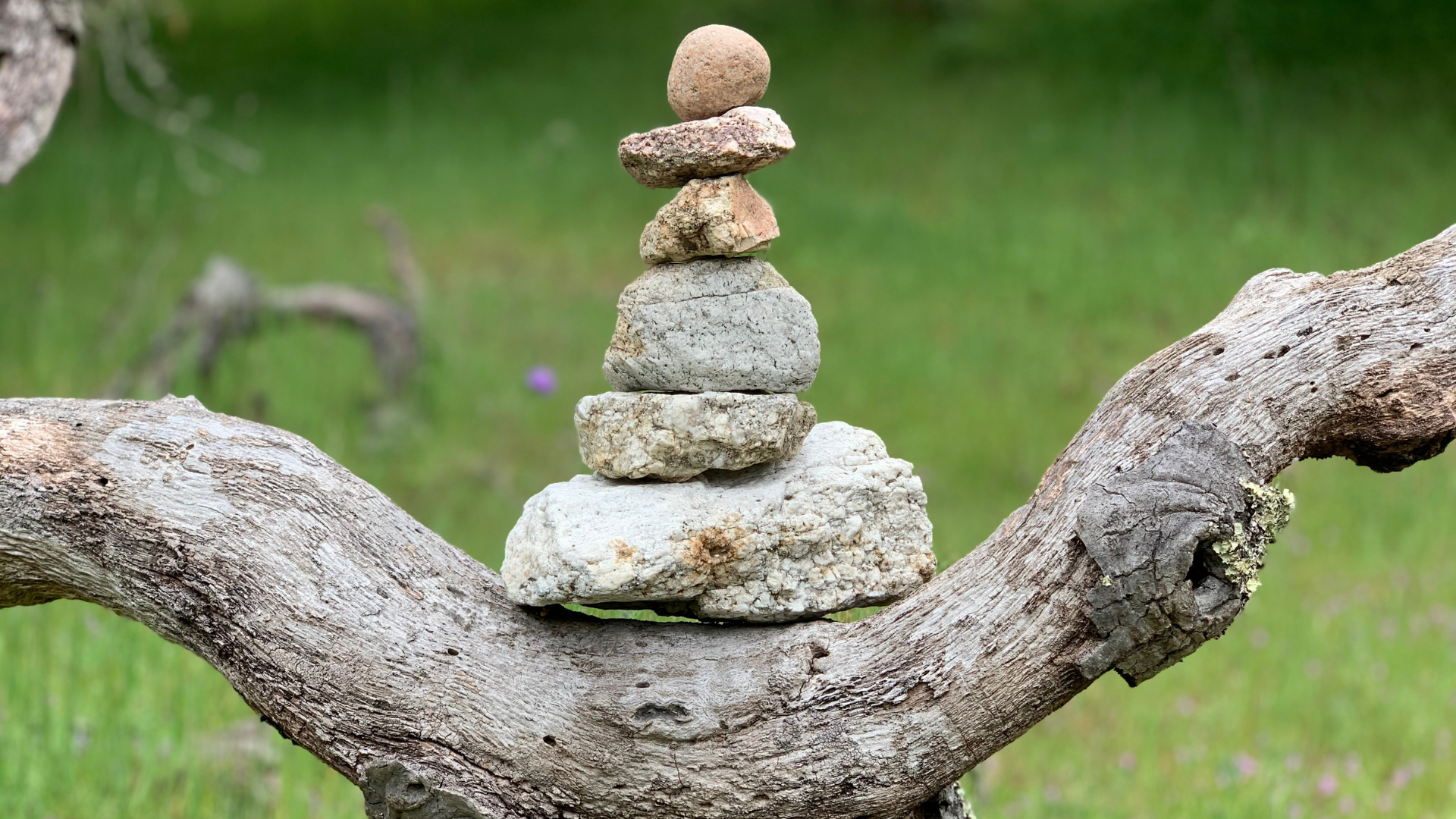Little Details, Big Impact: Why CNA Observations Matter at Work and at Home
When people think of Certified Nursing Assistants (CNAs), they often imagine the physical side of care—helping patients move, assisting with hygiene, or taking vital signs. But one of the most critical parts of being a CNA is something quieter and easier to overlook: noticing the little details.
At Fordham Institute Inc., we teach our students that small observations can make a huge difference. And what’s more—this skill doesn’t stop when your shift ends. It’s something that improves your entire life.
1. Spotting Subtle Changes in Patients
As a CNA, you learn to pay attention to tiny clues. Is a patient eating less than usual? Moving a little slower? Does their skin look different today? These details can catch problems early—sometimes before even the patient realizes.
Big takeaway:
- Noticing little changes can prevent complications, keep patients safer, and give families peace of mind.
2. It Sharpens Awareness Everywhere
Once you develop an eye for details at work, it carries into your home life. You might notice if a child seems more tired than usual, if your partner is quieter than normal, or if a parent’s house suddenly feels less organized—small signs that something may need attention.
3. It Makes You a Better Communicator
When you see the small stuff, you can bring it up gently and clearly—whether you’re reporting to a nurse at work or talking to a family member about something you’ve noticed.
Why it matters:
Clear, caring communication helps people feel supported, not criticized.
4. It Strengthens Relationships
By learning to truly observe, you become more present with people. You pick up on moods, needs, and worries that others might miss. This makes you a more attentive friend, partner, and family member.
5. It Builds Self-Awareness
Being detail-focused also helps you tune in to yourself. You might catch your own signs of stress—tight shoulders, low energy, or distracted thinking—and take action before it turns into burnout.
Caring is in the Details
At Fordham Institute Inc., we teach CNAs that excellent care isn’t just about the big tasks—it’s about the small moments that show someone is truly seen. And that’s a skill that improves every part of life, from family dinners to friendships to your own personal health.
📞 Want to learn more about becoming a CNA? Call us at 718-480-1804
Because in caregiving—and in life—the little things often mean the most





